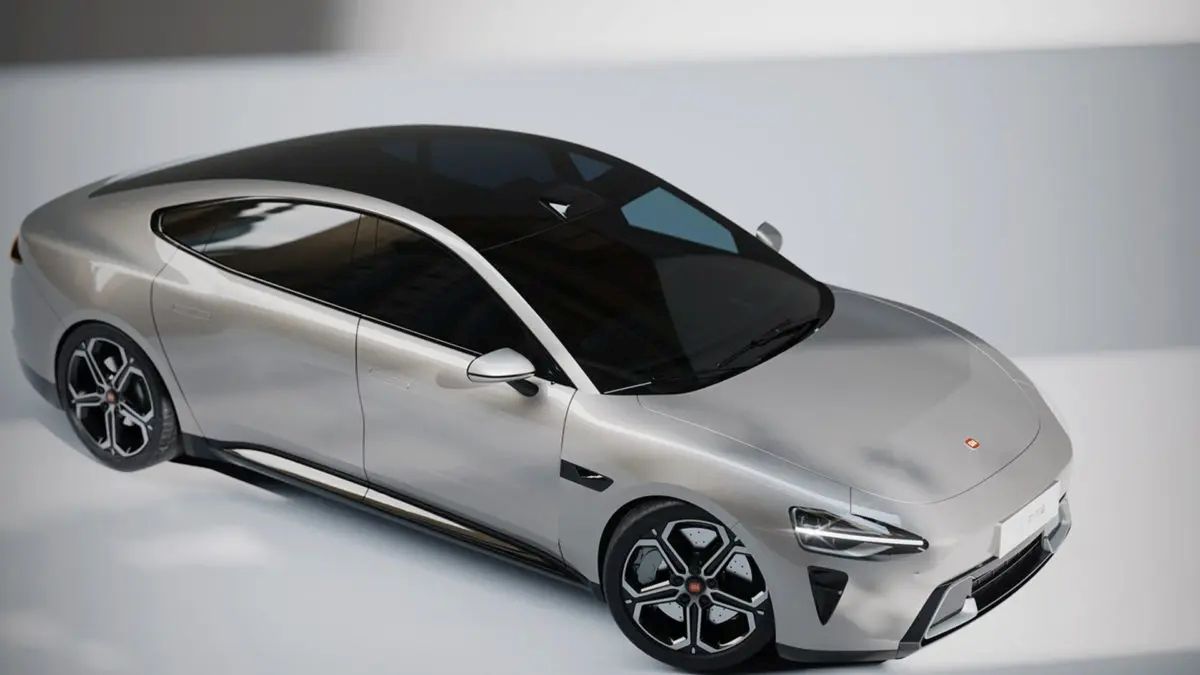
While offering significant advantages, LFP batteries do face limitations. Ongoing innovation, however, is effectively addressing these challenges.
1. Lower Energy Density = Reduced Range
Compared to NMC batteries, LFPs have lower energy density. This means EVs need larger, heavier packs for equivalent range, potentially impacting vehicle weight and interior space.
Solution: Advances in cell-to-pack (CTP) integration and modular architecture are narrowing this gap. New designs optimize cell arrangement, boosting energy efficiency without major size increases.
2. Cold Weather Performance
Sub-zero temperatures can reduce LFP capacity and power output.
Solution: Modern thermal management systems now feature heating elements and enhanced insulation, ensuring reliable LFP performance in cold climates. Furthermore, LFP's standard operating range (-20°C to 60°C / -4°F to 140°F) suits most driving conditions.
3. Inaccurate State-of-Charge (SoC) Readings
LFP's flat voltage discharge curve makes estimating remaining charge difficult, potentially causing range anxiety.
Solution: Sophisticated Battery Management Systems (BMS) are delivering more accurate SoC estimations, improving user confidence and EV efficiency.
4. Patent Restrictions (Now Resolved)
Historically, patents held primarily in China slowed global LFP adoption, limiting use outside China.
Update: Key patents expired in 2022, unlocking global potential. International automakers can now freely incorporate LFP technology.
Whether your EV uses NMC, LFP, or future battery chemistries, reliable charging infrastructure is essential. BESS provides the solution. Designed for businesses, public networks, and fleets, BESS offers a smart, scalable platform to maximize charging efficiency.
With advanced features for site hosts, fleet operators, and drivers, BESS is more than a charger—it's the foundation for intelligent, future-ready EV infrastructure.
Contact BESS today to build a sustainable, intelligent transportation ecosystem.
Next:Svolt Energy Launches "4+1" Product Brands, Driving Future Growth with Differentiated Strategy